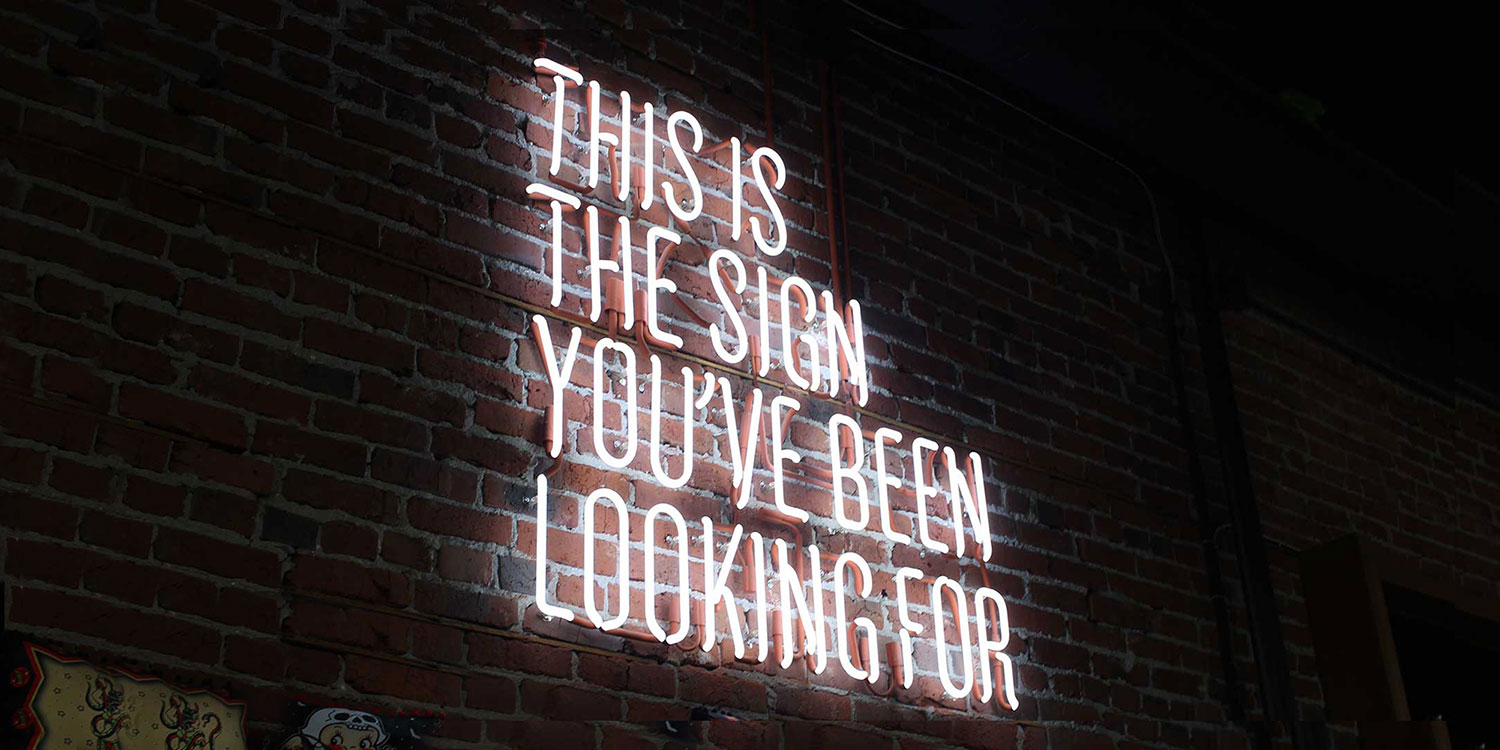Simple Strategies To Support Substance Wellness In The Workplace
Outside of the workplace, the perspective of alcoholism as a “family disease” is widely accepted. That is, treatment acknowledges the interplay between individuals and their social networks in the development and impact of alcohol problems.
Inside of the workplace, it’s an entirely different story. Conversation around any addictive behavior typically focuses on individual cases, the risks they impose, and the best course of action. But even the most thorough and strictly enforced substance abuse policies aren’t going to prevent issues that are socially rooted, as drinking problems in the workplace typically are. Some studies have even suggested that social norms are the single strongest predictor of employee problem drinking, even more so than work stressors and policy reinforcement.
What can be done? In American society, we have a long tradition of unhelpful black-and-white thinking when it comes to dealing with alcohol issues (ahem ahem 1920s). But building a culture that is more supportive of substance wellness doesn’t mean bringing the prohibition into the office; it means ensuring people who are trying to drink less or not at all are able to do so comfortably.
Taking measures towards a healthier office drinking culture doesn’t need to be drastic or complicated to be effective. To demonstrate this, let’s start with 5 simple changes …
1. Establish healthy norms.
There are two types of norms: what behavior people perceive as popular (“descriptive” norms), and what behavior people perceive as socially approved (“injunctive” norms). In the workplace, it’s important to communicate approval for maintaining healthy drinking levels or staying sober.
The most basic step to this is a consistently promoted and enforced substance abuse policy. Appropriate leadership example is also key, and can be improved by educating department heads to make them aware of the significance of their behavior.
2. Be especially mindful of inadvertently pressuring others, especially newcomers.
Inviting a new employee for a drink during their first few weeks on the job may seem like a benign, welcoming move, but for those who struggle to stay sober it can be anything but. It can inadvertently pressure them and create a lasting and harmful impression that their job performance is tied to their willingness to drink. (3) Put pause on suggesting the happy hour until they’ve found their footing a bit.
3. Plan sober social events.
Notice a theme of the first three points? Let’s hammer it home: for a substance wellness culture to thrive, the social fabric of your organization needs to have space for those who don’t imbibe.
Some people abstaining from alcohol are perfectly fine attending events where it is present; for others, it seriously jeopardizes their sobriety. To ensure the entire spectrum of your employees have the chance to socialize comfortably, sprinkle in a few social events sans booze. The bonus of that is the bonding and memories formed sober usually last a lot longer than happy hour.
“For a substance wellness culture to thrive, the social fabric of your organization needs to have space for those who don’t imbibe.”
4. Put boundaries on the beer fridge.
Trends regarding alcohol availability in the office come and go, from the Mad Men era to today’s infamously demanding millennials and their love of “beer fridge culture” and other alcoholic “perks”. If your office is stocking up on alcohol, make sure to be mindful of those who are trying to abstain; e.g. include other beverage options and maybe nix the desk-to-desk beer cart (or at least have it stick to predictable hours so others can avoid temptation). Think of it this way: if you have a few vegetarians on staff, you probably don’t exclusively offer beef jerky to them. That’s just rude. The same line of reasoning fits for alcohol.
5. Apply the Golden Rule.
Again, no one is calling for the prohibition here, but a little empathy and consideration can make a world of a difference to someone who is trying to get well and boost morale for everyone. Planning a work get-together? Choose a bar where there is an activity to do other than drinking, like games or watching TV.
Notice someone abstaining? Do not under any circumstances pressure them to drink. In fact, be the one that rescues them if they are being pressured. Even better, if you know someone who is sober, it never hurts to stay sober for an event or two in solidarity with them. Finally, if you suspect someone is struggling with a problem, do your best to refer them to appropriate help. You could be a lifesaver, sometimes literally.
If the above initiatives seem obvious to you, or your office already has them in place, congrats! That’s great news, and you’re in a forward-thinking workplace. Many companies lack these basic measures towards substance well-being. On the bright side, that means there are lots of opportunities to make work-life better and healthier for everyone, whether they’re struggling or not.








